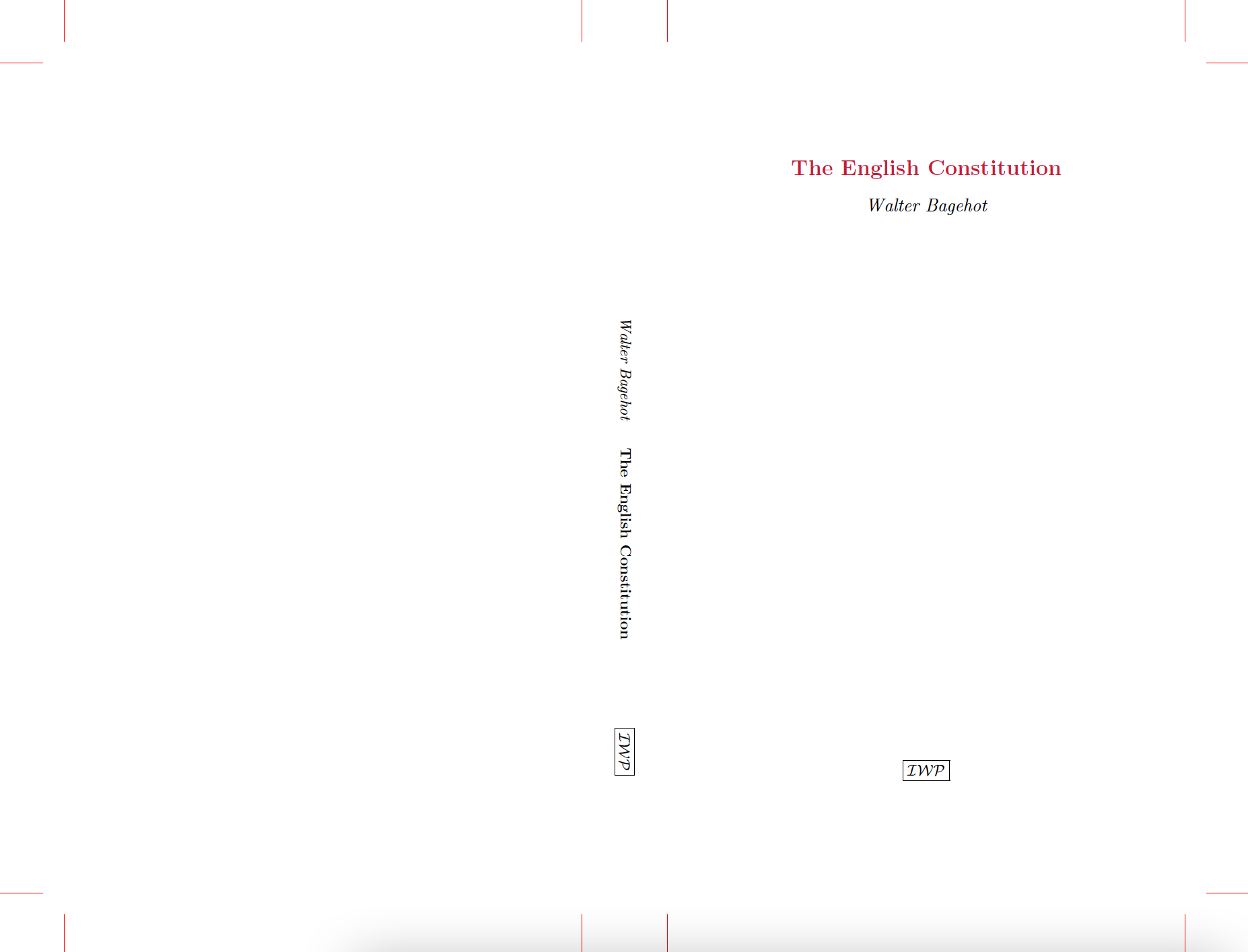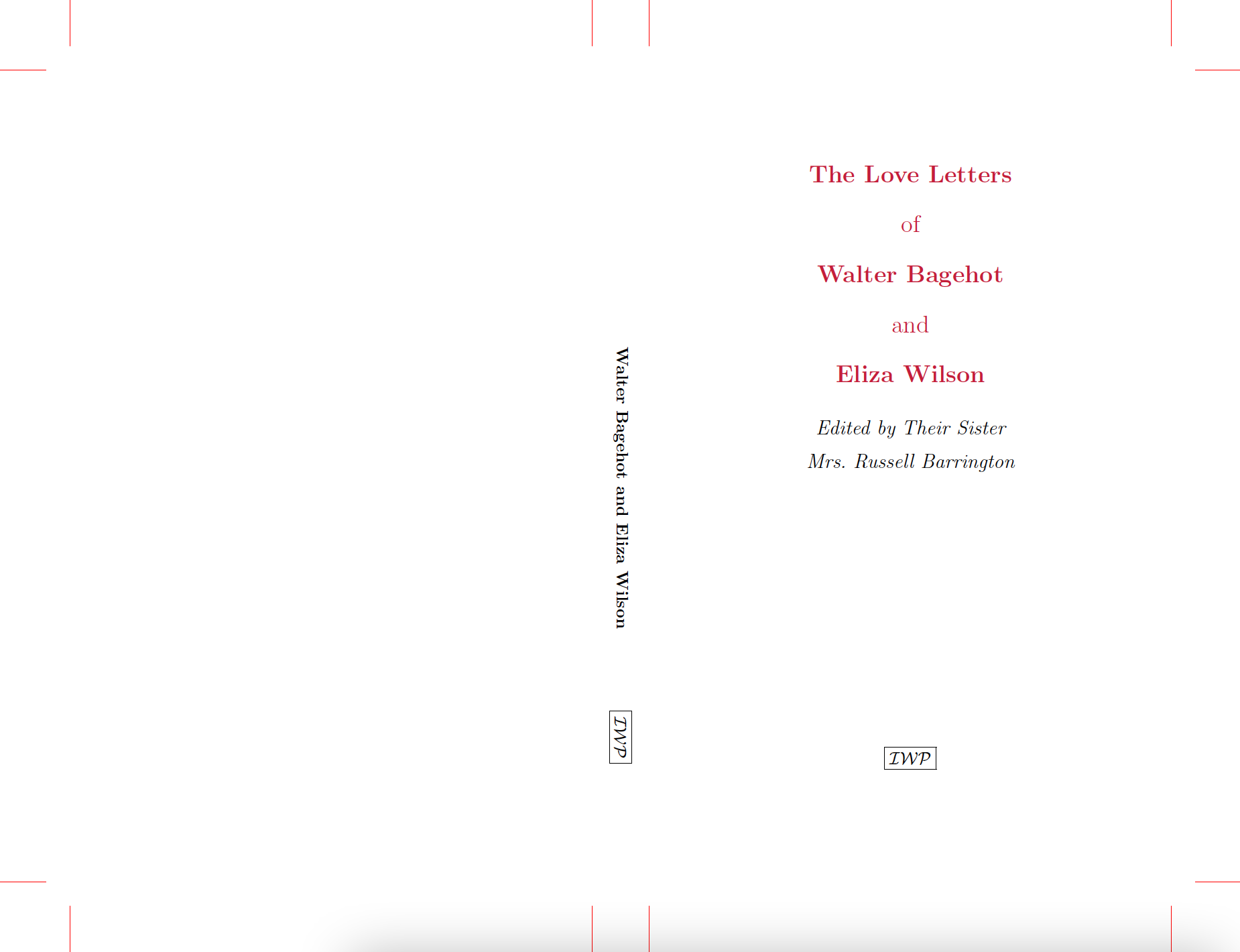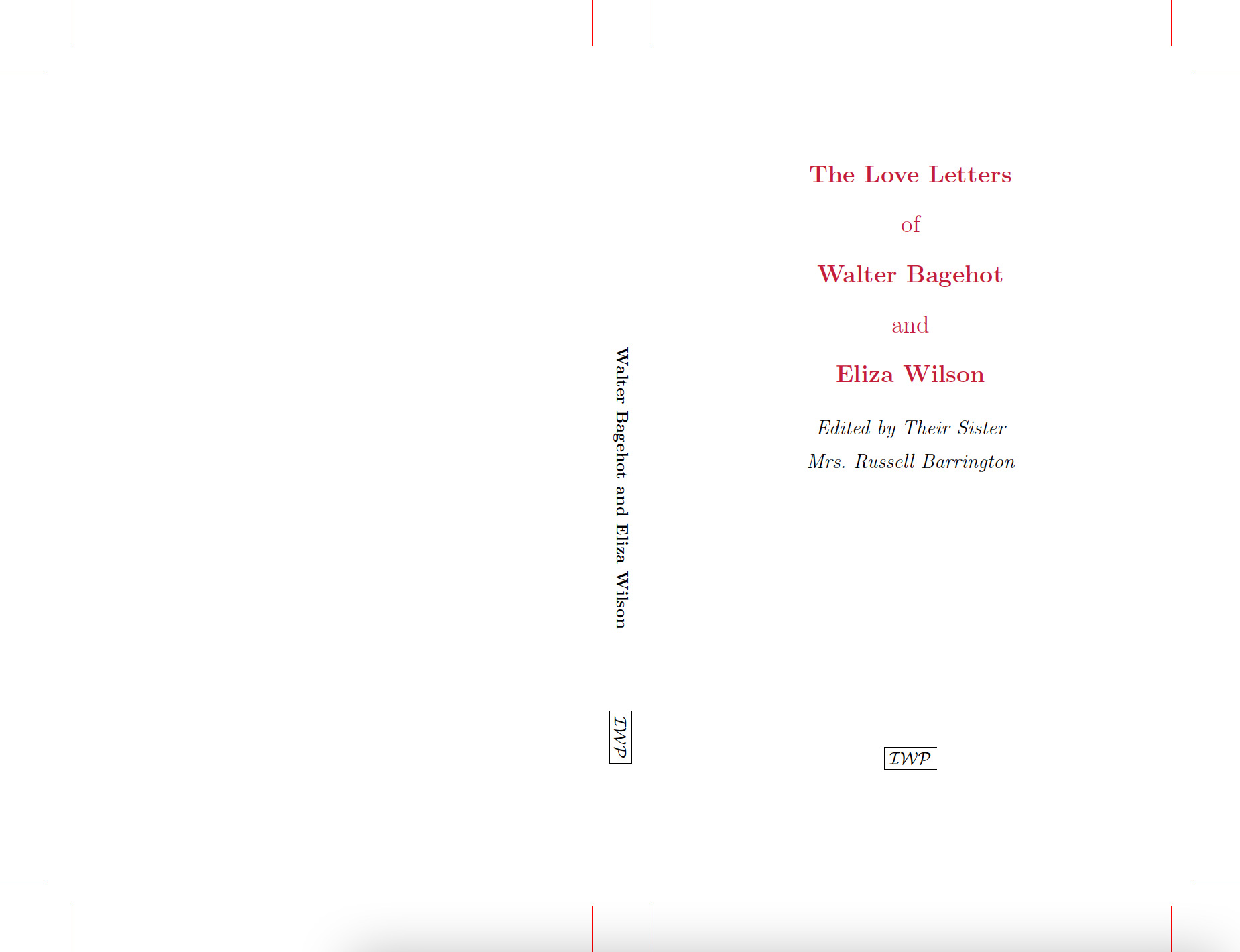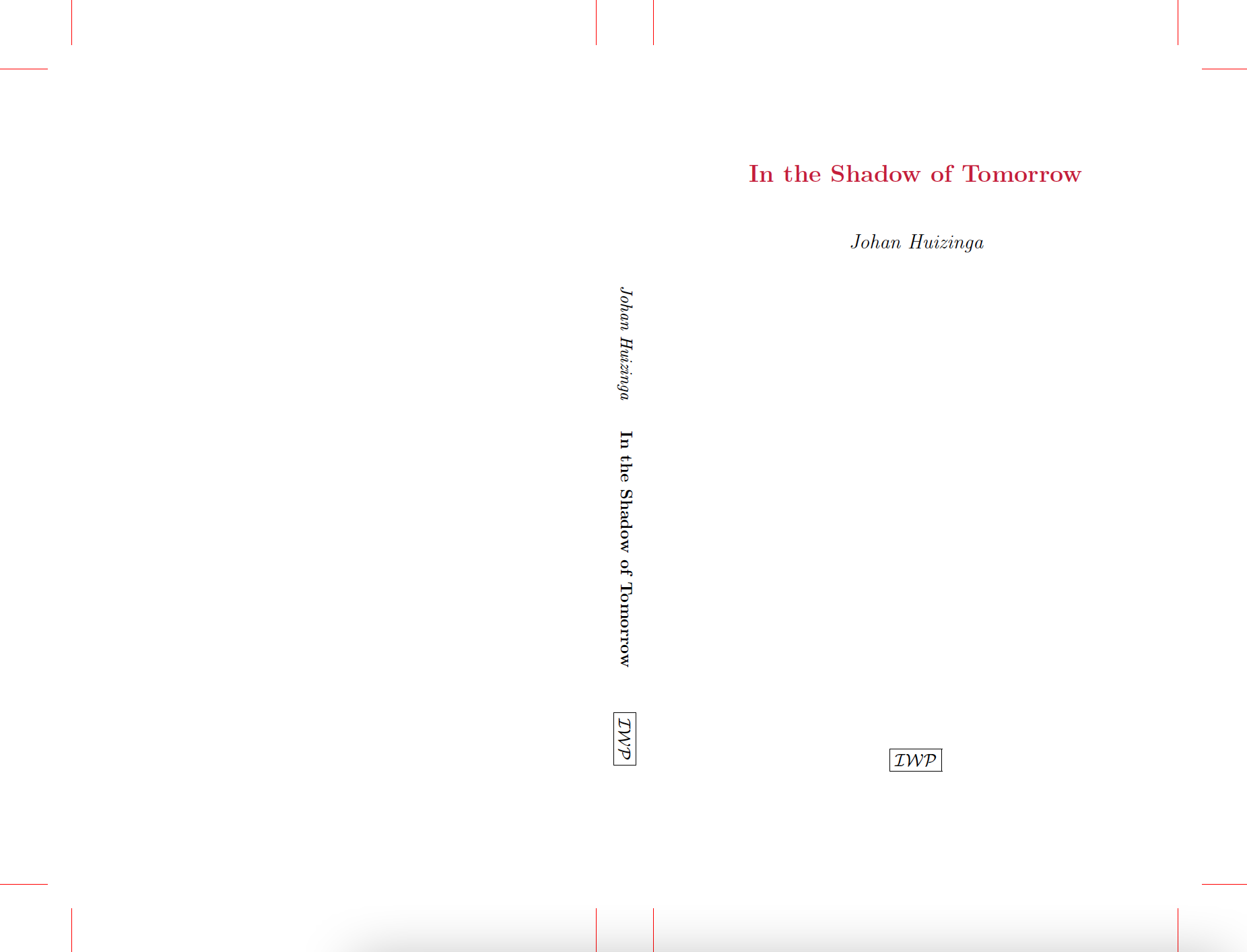An Essayist of Three Hundred Years Ago (1883) by Edward Bulwer-Lytton at IWP Articles.
“We live now in days when Authority is said to be worn out and discredited. But never was Authority more numerously or more noisily represented. In the disintegration of the old social body every little worm that springs from its corruption into life comes forth exclaiming ‘I am He!’ Each clever youth who has just left school is in haste to found a school of his own. Every philosopher shouts ‘Eureka!’ Every politician has taken out a patent of his own for the creation of a new heaven and a new earth. Ask what question you will, someone is at hand to answer it with assurance. But from all these confident professors of conflicting certainties, what answer shall we take to the question Montaigne asked himself three hundred years ago, — Que sais-je?” (Edward Bulwer-Lytton, 1883, An Essayist of Three Hundred Years Ago)
“The poet of our youth, he is also the companion of our age. Ever fresh and buoyant, the sparkling imagery of his fancy delights, and the wisdom of his moral lines informs our heart and our judgment. Montaigne could not live without his Plutarch; but how many would be still more unwilling to part with their Horace?” (Cambridge Studies, Fraser’s Magazine, 1845, v. 32, p. 667)
The Omnipresence of Walter Bagehot (1987) by Norman St John-Stevas at IWP Articles.
New at IWP Books: The English Constitution by Walter Bagehot.



From Jacques Barzun, 1964, Of Human Freedom:
If we know where free democracy resides and what it consists in, and if we want to preserve it, we must naturally defend our Bill of Rights and Constitution and fight war and fascism. But fully as important is our obligation to let a democratic breeze into the chambers of our own house and our own brain, for it is there that democracy begins and also there that it begins to decay. It is not enough to protest against flagrant public violations. Democracy, to maintain itself, must repeatedly conquer every cell and corner of the nation. How many of our public institutions and private businesses, our schools, hospitals, and domestic hearths, are in reality little fascist states where freedom of speech is more rigidly excluded than vermin because felt to be more dangerous? It is a constant fight to besiege these live fortresses. Death and martyrdom abroad become vivid irrelevancies compared to the guerilla fought from day to day under threat of dislike and dismissal by those in whom democracy is a practical and particular passion, and not merely an opportunity for frothy partisanship.
“Introduction” and “Chapter 1” of Of Human Freedom at IWP Articles.
“I am happy too that the subject of my lecture should be Walter Bagehot, who has been my revered and, indeed, I feel, intimate companion for over a quarter of a century. The gift he has bestowed on me is what he himself called ‘immortality by association.’ Posterity cannot take up many people, so my advice to those who have such ambitions is this: if you cannot be a genius yourself, attach yourself to one who is, and then you will be drawn onwards into the future like a speck in the tail of Halley’s comet.” (Norman St John-Stevas, 1987, The Omnipresence of Walter Bagehot)
Israel 2023

Israel 2023 (Haaretz Magazine Cover)

Israel 2023

“History shows that salvation has repeatedly come from the dauntless amateur who kept his eyes open while the initiates were sleepily chanting their old formulas.” Jacques Bazrun (Cited in Michael Murray, Jacques Barzun: Portrait of a Mind)
From Erwin Chargaff’s (1986) Serious Questions: An ABC of Skeptical Reflections:
If the world can still be saved, it will be saved by the amateurs. The experts are more than most other people responsible for the mess in which we find ourselves. They know too much about too little, but each knows something special. They can barely understand each other; they do not talk with each other; they sit and serve. To the lay world, they are of very limited use. If you want to tap them, you must know exactly where: the barrels are studded all over with false faucets, releasing nothing but hot air. Only one spigot communicates with the fount of expert knowledge, ready to drench you with more than you wish to know.
New at IWP Books: The Love Letters of Walter Bagehot and Eliza Wilson.

Jacques Barzun on The Love Letters of Walter Bagehot (Soon at IWP Books):
Bagehot’s ability to make ideas live appears on every page he wrote. A student in an American business school once found in its library a slim volume entitled The Love Letters of Walter Bagehot. It proved to be, once more, the carrier of a double message: sprightly missives to the author’s fiancée interspersed with comments on the current state of certain firms and the stock exchange that would be sure to interest the fiancée’s father. Both recipients were doubtless entertained. Bagehot’s prose is rapid and enveloping, somewhat in the manner of Bernard Shaw; it leaves no uncertainties as it voices also what the opponent or the reader is no doubt thinking. It is humorous and sad, because Bagehot, though an expert in business and politics, never feels his mind-and-heart fulfilled by them. (From Dawn to Decadence)
Jacques Barzun (From Dawn to Decadence) on Walter Bagehot:
The first thing to know about him is how to pronounce his name. It is Badjet. And the next is that his singular genius derives from his double vision. In any conflict of persons or of ideas he was always able to see that neither side was perverse or stupid, but had reasons for militancy; and he entered not only into these reasons but also into the feelings attached. This is a rare talent, especially when it does not lead to shilly-shallying in the double-viewer’s own course of action. Bagehot could always state the reasons for his choices with the utmost clarity.
Soon at IWP Books: The Love Letters Walter Bagehot and Eliza Wilson (1933).

Lately at IWP Books:
- Christopher Burney, 1961, Solitary Confinement
- Erwin Chargaff, 1977, Voices in the Labyrinth
- Erwin Chargaff, 1978, Heraclitean Fire
- Erwin Chargaff, 1986, Serious Questions
- Theodor Haecker, 1950, Journal in the Night
- Philip Gilbert Hamerton, 1875, The Intellectual Life
- Johan Huizinga, 1935, In the Shadow of Tomorrow
- Dorothy L. Sayers, 1941, The Mind of the Maker
Post by Patrick Kurp on Jean Guéhenno’s Diary of Dark Years, 1940–1944.

From In the Shadow of Tomorrow (1935) by Johan Huizinga:
Unperturbed by folly and violence a vast number of men of good will quietly live on, with each building the future to the best of his ability. They barricade themselves as it were in a spiritual zone where the malevolence of time has no access and falsehood is not in repute. They do not become despondent and yield not to despair, however dark it may grow in their Emmaus. Over the entire world a community is spread ready to accept the new, if it proves good, without abandoning all that is old and tested. They are not held together by banners and slogans, their fellowship is one of the spirit.
New at IWP Books: In the Shadow of Tomorrow (1935) by Johan Huizinga.

From In the Shadow of Tomorrow (1935) by Johan Huizinga:
The sense of human responsibility, seemingly strengthened by the exhortations of heroism, has been uprooted from the soil of the individual conscience and mobilised in favour of any collectivity which desires to impose its will and to elevate its limited insight to a canon of weal, thus greatly increasing the danger of absolutely irresponsible mass action. With the growing worthlessness of the spoken or printed word consequent upon its ever greater distribution which the progress of civilization has made possible, the indifference to truth increases in direct proportion. With the spread of the irrationalistic attitude the margin of misunderstanding in every field is steadily expanding. The immediate publicity engendered by commercial interests and the craving for sensation inflates simple differences of opinion into national hallucinations. The ideas of the day demand immediate results, whereas the great ideas have always penetrated very slowly. Like smoke and petrol fumes over the cities, there hangs over the world a haze of empty words.
Jacques Barzun (From Dawn to Decadence) on Dorothy L. Sayers:
Like Henry James, who gave a full-blown theory of the novel, Sayers laid down that of the detective tale, using her scholarship by turns seriously and with humor. Interviewed on the subject, she once manifested her forthright ways of speech: “imbeciles and magazine editors” would ask her to discuss crime fiction “from the woman’s point of view. To such demands one can only say ‘Go away and don’t be silly.’ You might as well ask what is the female angle on the equilateral triangle.” On aesthetics at large she wrote an extraordinary little book, The Mind of the Maker. Its thesis is that the ordinary experience of making anything – creating art or applying workmanship to any object – corresponds to the meanings symbolized by the Trinity. First comes the creative Idea, which foresees the whole work as finished. This is the Father. Next the creative Energy, which engages in a vigorous struggle with matter and overcomes one obstacle after another. This is the Son. Third is the creative Power of the work, its influence on the world through its effect on the soul of the user-beholder. This is the Holy Spirit. All three are indispensable to completeness as they unite in the work.
The Mind of the Maker at IWP Books.